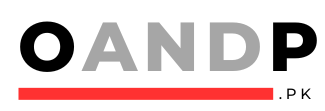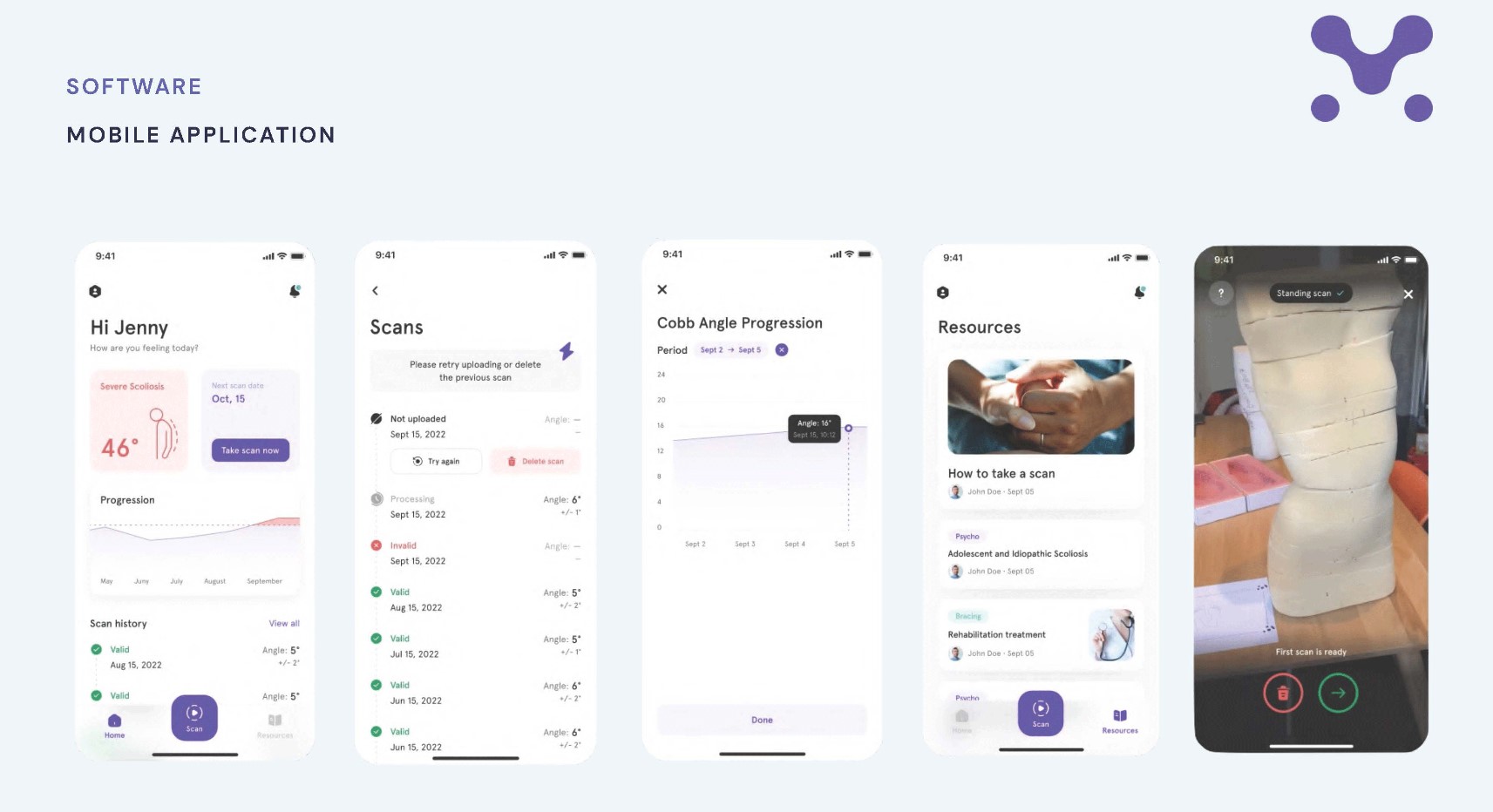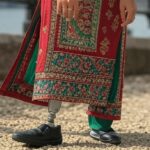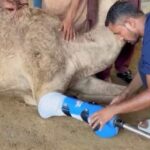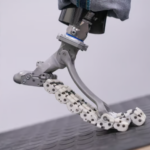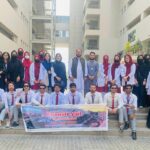Now Reading: More Efforts Needed on Flat Head Syndrome in Babies and Helmet Therapy Effectiveness
-
01
More Efforts Needed on Flat Head Syndrome in Babies and Helmet Therapy Effectiveness
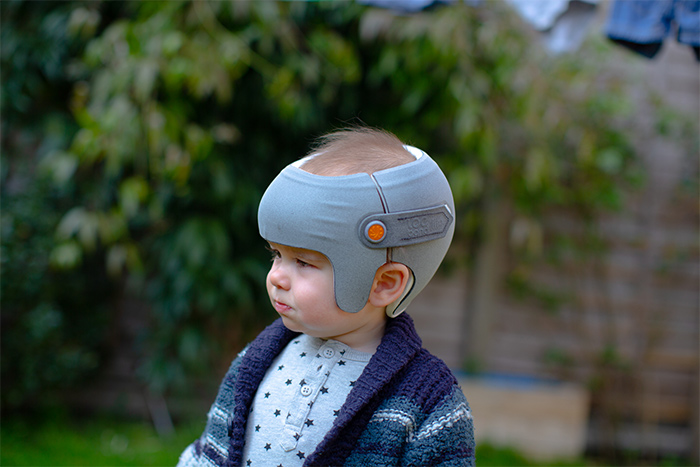
More Efforts Needed on Flat Head Syndrome in Babies and Helmet Therapy Effectiveness
Flat head syndrome (medically known as plagiocephaly or brachycephaly) is a common condition affecting up to 40% of infants, where external pressures cause abnormal head shaping. Health experts are calling for more research to determine the effectiveness of treatments like helmet therapy, while providing updated guidance for concerned parents.
The condition develops when a baby’s soft skull becomes flattened, either from:
Back sleeping (critical for SIDS prevention)
Restricted womb space before birth
Breech positioning or multiple births
Premature birth (thinner skull bones)
Prolonged time in birth canal or assisted delivery
While often noticeable at birth or in early months, most mild cases improve naturally as babies grow more active. However, moderate to severe cases may require intervention.
For treatment, Two primary approaches exist:
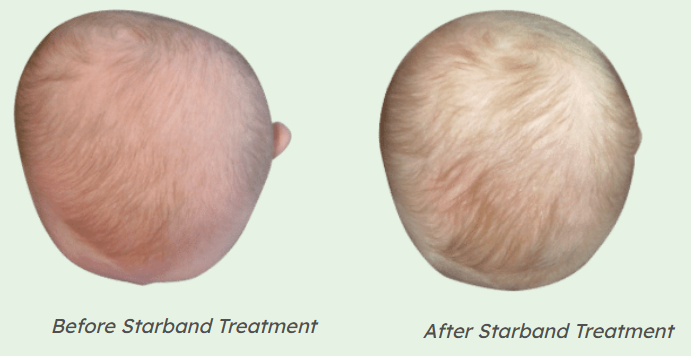
Conservative Management (for mild cases):
Supervised tummy time
Frequent position changes
Physical therapy if neck tightness exists
Helmet Therapy (for moderate-severe cases):
Custom 3D-designed helmets
Typically worn 23 hours/day from 3-18 months
Gently guides skull growth
The medical community remains divided:
Proponents note success in severe cases with devices like Starband helmets. Critics highlight limited evidence and potential side effects (skin irritation, cost burden)
Pediatricians recommend:
✔️ Keep back sleeping – Never compromise SIDS prevention
✔️ Increase tummy time – Aim for 30-90 minutes daily when awake
✔️ Early assessment – Have head shape evaluated at each check-up
✔️ Specialist referral if asymmetry persists beyond 6 months

While helmet therapy shows promise for certain cases, many infants improve with repositioning alone. Parents should consult their pediatrician to create a personalized plan, remembering that back sleeping remains non-negotiable for safety.As studies continue, the medical community works toward clearer guidelines to help families navigate this common but concerning condition. For now, early awareness and professional guidance offer the best approach to ensuring healthy skull development.
In Pakistan, awareness is growing, but many cases go untreated due to lack of access to specialized care or misconceptions about natural correction. Though orthotic clinics offering custom helmets are scarce and mostly available in major cities like Karachi, Lahore, and Islamabad at private healthcare centers. The cost of helmet therapy can be prohibitive, making early intervention through supervised tummy time and positional changes crucial. Some Organizations provide craniofacial care, but more pediatric orthotic specialists are needed nationwide. Increased awareness, affordable treatment options, and further research are essential to improve outcomes for Pakistani infants with plagiocephaly.
